Nikki Williams is a multidisciplinary artist: an award-winning photographer, poet, playwright, painter, and producer of Arts Programs for almost thirty years. Williams is very proud that for the last sixteen years, she has been instrumental in becoming the first to introduce ongoing creative writing workshops in domestic violence shelters and homeless shelters, and other cultural institutions in New York City, and very grateful for the funding from Poets & Writers for many of these workshops.
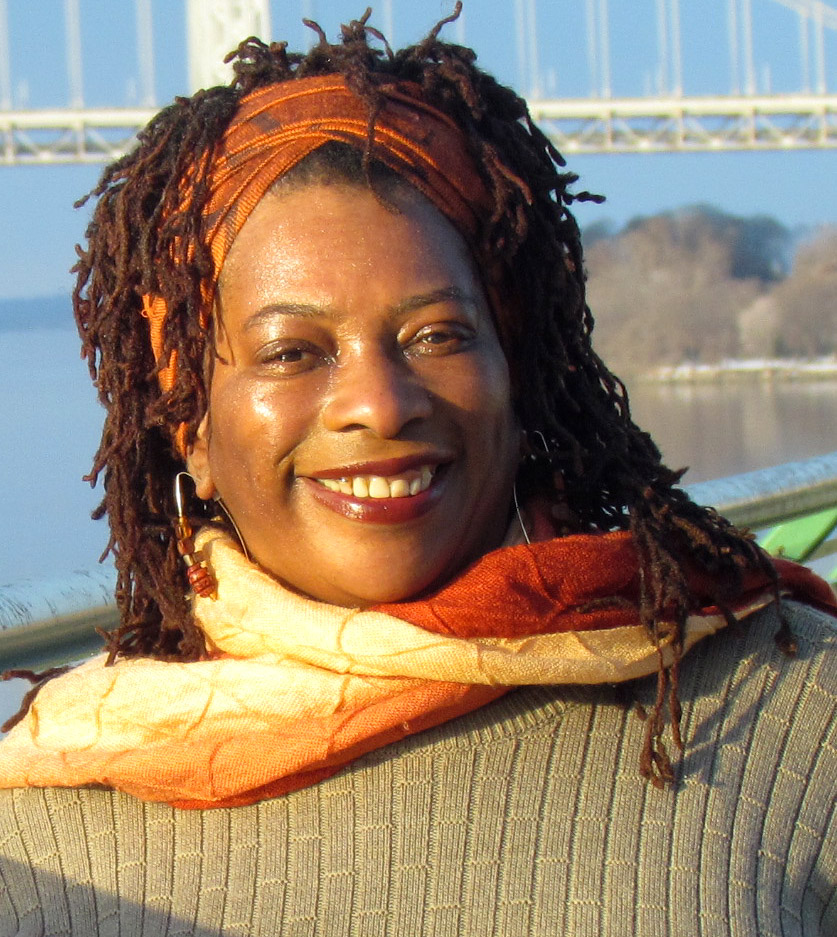
The seniors participating in WiZdom from the Elderberry Tree, a series of memoir and creative writing workshops for seniors of mostly African American descent whose roots are mainly from the South, were members of the Senior Ladies' and Men’s Club at River Terrace in upper Harlem. This was the first time that any of the seniors had participated in a writing workshop. These workshops, funded through the Readings & Workshops Program, culminated with a special invitation from the Director of the Schomburg Center for Research in Black Culture, Dr. Khalil Gibran Muhammad, to personally meet him and speak about their lives and the legacy of the Schomburg—History meeting History. The day included a tour of the American Negro Theatre, and the opportunity for the seniors participating in the last day of the program to write in the famed Scholars-in-Residence conference room.
You know my soul look back and wonder. How did I make it over?
African American elders, “Been Here Before,” spirits, speak of women bent low by heat and history, wedged between a wing and a prayer, picking cotton and pieces of their lives with equal urgency. Stories resurrected and reborn as quilted art are audible in Grandmother, Nana, Big Mama, and M’Dear tongue. Tales of paving a way out of no way, cutting through cane and cotton.

“My mother was a very strong Black woman with skin that was the color of a dark cup of coffee. She did not take any stuff from anyone. My mother was born on April 16, 1913 in Burke County, Georgia. Her advice to us: ‘Never depend on anyone but yourself.’ My mother worked long hours in the cotton fields.” –Mrs. H. B. Jenkins
Tell me how we got over Lord, I've been falling and rising all these years.
The journeyed stories of people of African descent are stowaways, surviving the Middle Passage. Good men, strong men, resilient men, managed with wit and might to untwist chains and tongue, to tell stories weighted down under iron bit that nudged them a nod toward freedom.
“When I was an MP in the army, one of my buddies, all of whom were white, suggested that we stop off at a Howard Johnson’s restaurant. As we entered the restaurant, all of us in full uniform, a white man came out from behind his desk, walked directly up to me and said, ‘We don’t serve your kind.’ I responded by saying the first thing that came to my mind, ‘What kind is that?’ I could feel the blood rushing to my head. This was 1963. ” –Mr. W. Cherry
Despite degradation and hardship, African American elders speak of an improvised life full of joy that America claims as its own: classical Ellington, Armstrong, Fitzgerald, Vaughn, and Holiday. They carried their stories from southern fields, be-bopped them along northern concrete. Travelled them tray steady on the shoulder of the dining room car, waiter coming home on a chariot swung low and sweet. His movements pure Jazz in its sway.
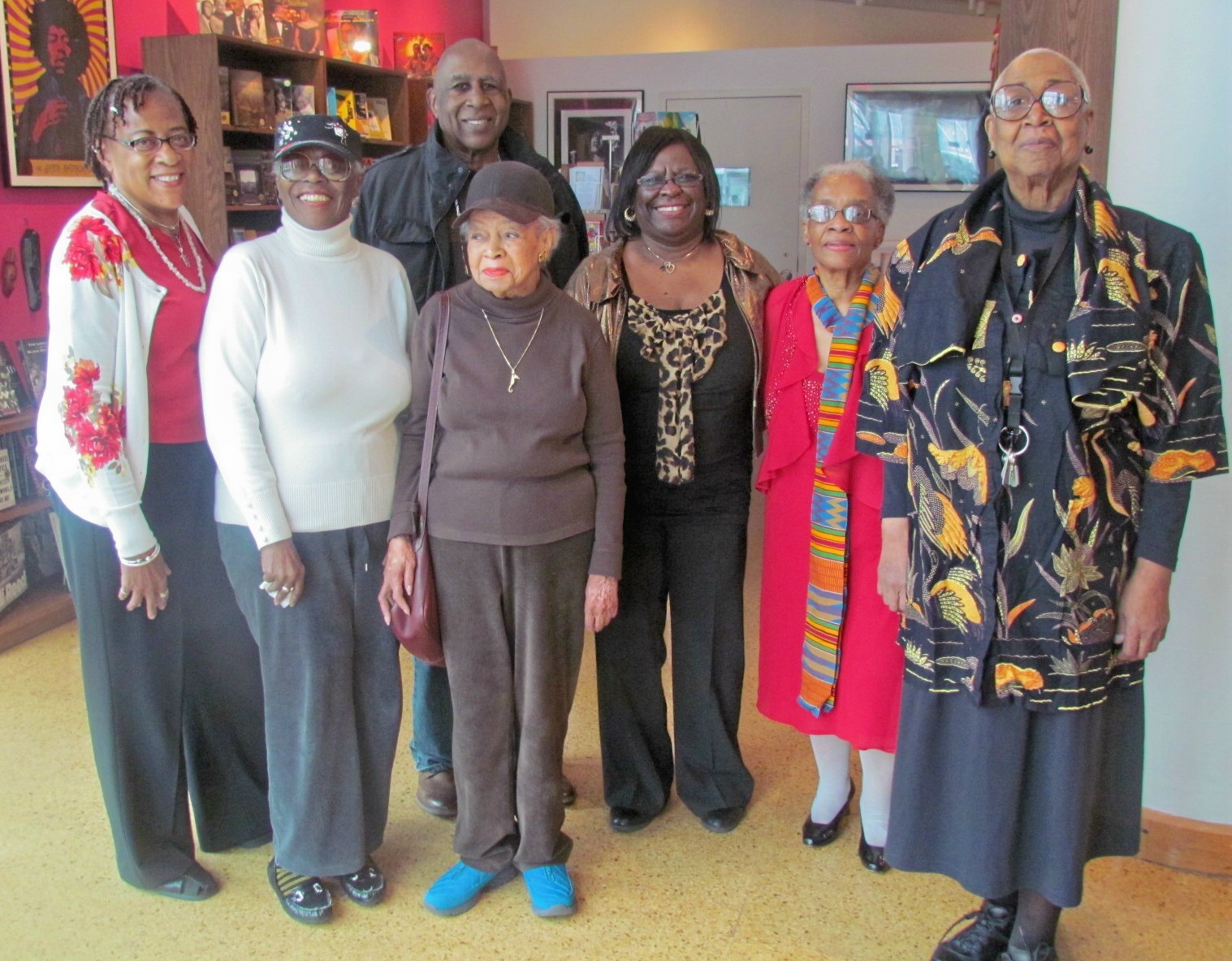
“The Savoy was around the corner from our apartment building, on Lenox Avenue between 140th and 141st streets. My brother and I would sit on the fire escape where we could see the neon sign and hear the Big Bands. In those days, bands came to Harlem every weekend. Vocalists stood before a mike and just ‘sang’ without elaborate staging; singers like Sarah Vaughn, Dinah Washington, and Ella Fitzgerald.” –Mrs. B. Bonner
And then we're gonna sing somewhere 'round God alter, and then we're gonna shout all our troubles over.
African American elders place legacy in the womb of the listening ear—an Underground Railroad leading heart heavy souls to the promise land. Harriet Tubman holding a lamp lighting Sojourner’s truth. They have consistently told us that nothing is impossible, no stone too heavy, no river too wide to cross. Take my renewed hand; music my words with trumpet and song. Each note, a stepping stone, a crossed bridge; be amazed child, look back in wonder and see….
You know my soul look back in wonder. How did I make it over?
Photos: Nikki Williams (top), Claudia Hurst (middle). Senior Citizens Club (Bottom). Photo credit: Nikki Williams and Mohammad & G.
Support for Readings & Workshops in New York City is provided, in part, by public funds from the New York State Council on the Arts, and the New York City Department of Cultural Affairs, with additional support from the Louis & Anne Abrons Foundation, the Axe-Houghton Foundation, the A.K. Starr Charitable Trust, and the Friends of Poets & Writers.





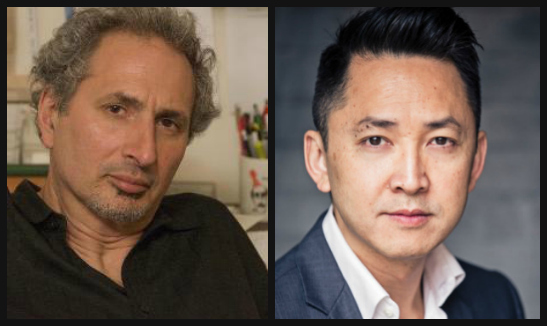

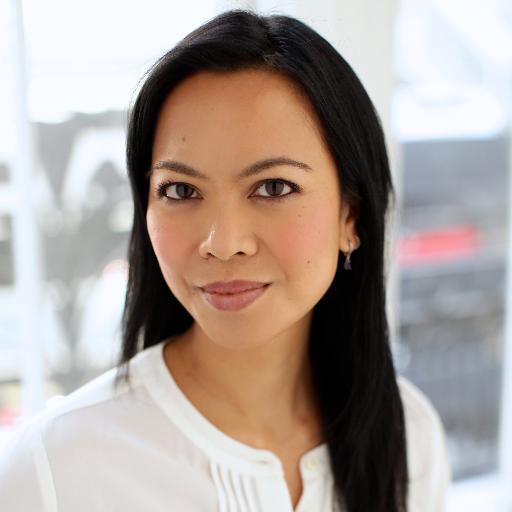 Mia Alvar
Mia Alvar 


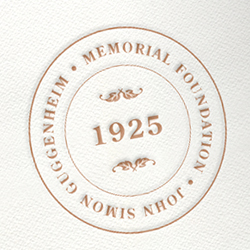 The fellows in poetry are:
The fellows in poetry are: